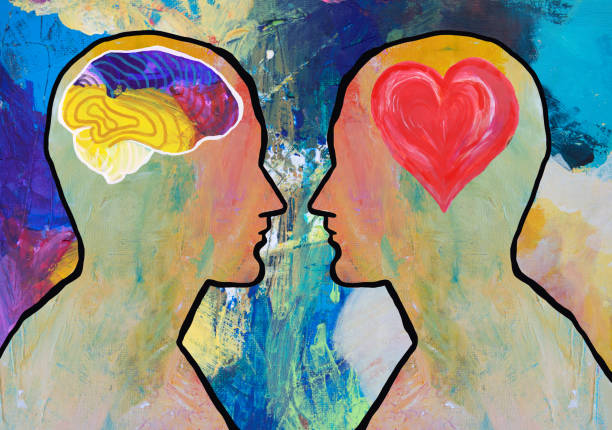When people talk about emotional wellbeing and mental health, they often use the terms interchangeably. But while they are connected, they are not the same.
Understanding the difference can help you take better care of your inner world and recognize which areas may need more attention.
What is Emotional Wellbeing?
Emotional wellbeing is the ability to understand, manage, and express your emotions in healthy ways. It’s about how you cope with stress, how resilient you are, how you handle relationships, and how you process your feelings.
Someone with good emotional wellbeing might:
- Recognize and name their feelings easily
- Bounce back from setbacks
- Maintain balanced reactions in difficult situations
- Cultivate joy and satisfaction in daily life
Emotional wellbeing is more than just the absence of negative feelings — it’s about actively nurturing your emotional health.
What is Mental Health?
Mental health is a broader term that includes emotional, psychological, and social well-being. It affects how you think, feel, and behave.
Mental health includes:
- Your cognitive functions (like memory and concentration)
- Your ability to handle daily responsibilities
- The presence or absence of mental health conditions (e.g., depression, anxiety, bipolar disorder)
While emotional wellbeing is one part of mental health, mental health also covers aspects beyond emotions.
Key Differences at a Glance
| Emotional Wellbeing | Mental Health |
| Focuses on managing emotions | Covers thinking, feeling, and behavior |
| Built through daily habits | Includes diagnosable conditions |
| Often improved through lifestyle | May require professional treatment |
| More personal and emotional | Broader and clinical in nature |
How Are They Connected?
Emotional wellbeing and mental health are deeply linked. When your emotional wellbeing is low, it can lead to poor mental health. For example:
- Long-term emotional stress can lead to anxiety or depression
- Poor emotional regulation can strain relationships, increasing mental strain
- Suppressed feelings can result in physical symptoms like fatigue or headaches
Supporting one often supports the other. That’s why practices like mindfulness, journaling, and therapy are beneficial for both.
Why It Matters to Understand the Difference
Understanding the difference empowers you to:
- Take a more holistic approach to your self-care
- Know when to seek support (emotional habits vs medical help)
- Recognize early warning signs before they escalate
You can be mentally healthy and still struggle with emotional wellbeing. And vice versa — which is why both deserve attention.
How to Support Both Emotional Wellbeing and Mental Health
Here are some simple ways to nurture both:
- Practice daily gratitude and emotional check-ins
- Exercise and eat nourishing food
- Stay socially connected and seek positive relationships
- Learn stress management techniques (like breathwork or meditation)
- Reach out to a mental health professional when needed
Final Thought
Emotional wellbeing and mental health are like two sides of the same coin. They overlap, support one another, and together, they shape how you experience life. Give both the care and respect they deserve — your inner peace depends on it.
Next in Series: Emotional Burnout: Signs You Shouldn’t Ignore
Stay tuned and follow our blog for more insights into emotional and mental wellness.
